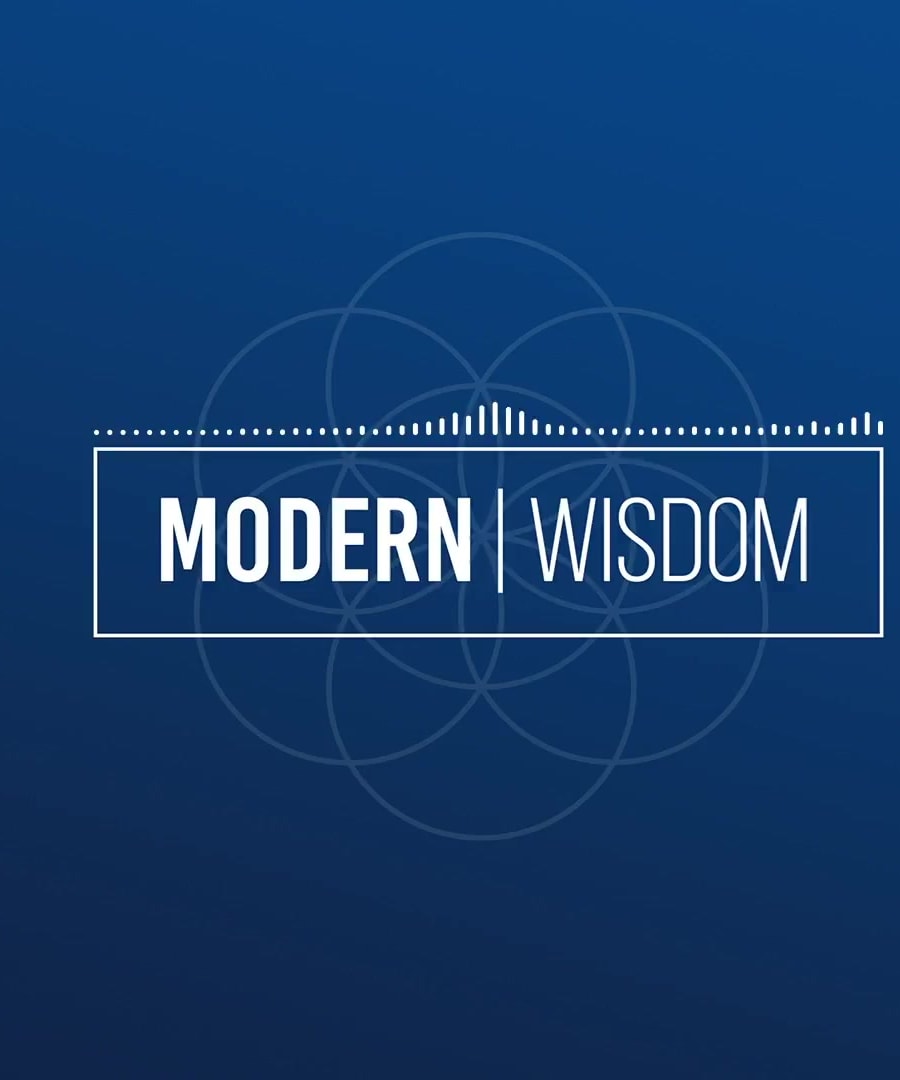What is the therapeutic process?
Sources:
The therapeutic process is often individualized and can vary significantly based on the approach or therapy being used. Here are some insights from experts:
-
Patient-Directed Therapy: emphasizes a non-directive approach where the patient's unconscious is where the healing originates. In this method, patients guide the process, unfolding their issues naturally over extended sessions, particularly in therapies involving psychedelics like MDMA. This allows suppressed emotions to surface and be addressed gradually and comprehensively 1.
-
Trauma Healing: discusses the therapeutic process for PTSD, which includes reliving traumatic events in a safer, controlled manner using MDMA therapy. This approach helps individuals gain a broader perspective, more compassion, and a better understanding of their experiences, facilitating deep healing and integration of the trauma 2.
-
Handling Strong Emotions: Meditation teacher underscores the importance of fully experiencing emotions rather than dissociating from them. Practices are tailored to help individuals recognize and work through grief and other intense emotions in safe, structured environments, sometimes complemented by community support and rituals 3.
-
Progressive Therapeutic Practices: points out that for certain therapies, such as those practiced at the Human Garage, explaining the process in detail might detract from its perceived effectiveness. Instead, the focus is on achieving tangible results, which can sometimes involve unconventional and less understood methods 4.
These perspectives highlight that therapeutic processes are adaptive and aim to meet the unique needs of the individual, often involving safe spaces where emotions and past traumas can be processed and integrated for long-term healing and well-being.
RELATED QUESTIONS-
